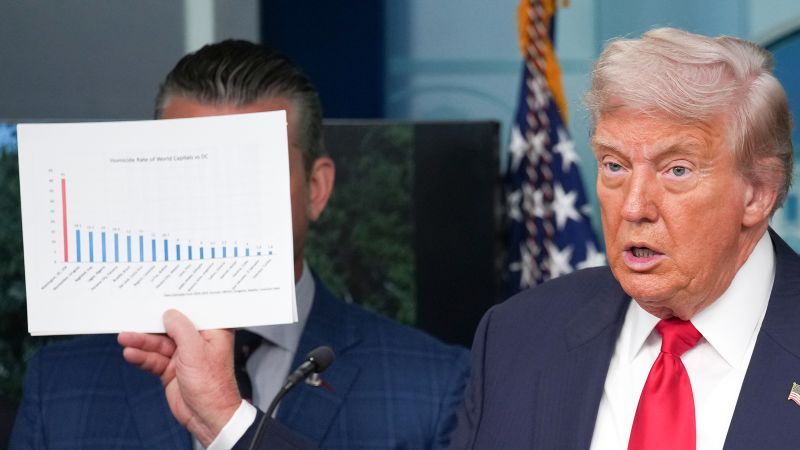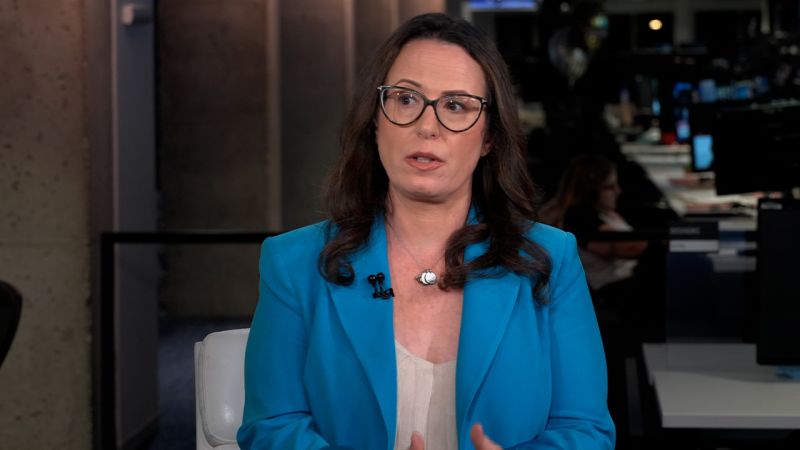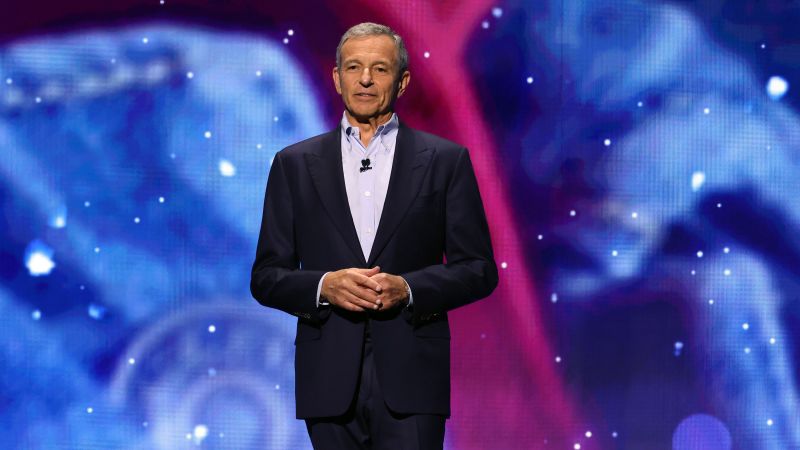
President Trump's 'War Hero' Comparison Sparks Debate
Opinion | 8/20/2025
President Donald Trump, known for his absence of military service, recently drew attention for a comment likening himself to a “war hero.” This comparison is one of several instances where Trump has linked himself to military bravery despite not serving in the armed forces. The remark has sparked discussion and criticism regarding the appropriateness of such analogies.
The President’s statement comes against the backdrop of his past controversial comments about the military and veterans. Trump’s history of making bold claims about his military support has drawn scrutiny, particularly from those who have served in the armed forces. Critics argue that comparing oneself to a “war hero” without having served undermines the sacrifices and experiences of actual service members.
While Trump’s supporters often view his unfiltered remarks as a sign of authenticity, critics point to the potential impact of his words on public perception and respect for the military. The President’s tendency to draw parallels between himself and revered military figures has raised questions about the boundaries of appropriate rhetoric and the significance of respecting the military’s distinct role and sacrifices.
In response to the latest comment, a White House official stated, “President Trump’s remarks are often taken out of context by those who seek to discredit him.” This perspective highlights the ongoing debate surrounding Trump’s statements and their interpretation by different segments of the population. The divergence in reactions underscores the polarizing nature of Trump’s rhetoric and its implications for public discourse.
As the discussion continues, legal experts note that freedom of speech protects individuals’ rights to express opinions, even if controversial. However, the broader societal impact of such remarks, particularly from public figures, remains a subject of debate. Trump’s ‘war hero’ comment adds another layer to the complex interplay between political figures, public sentiment, and perceptions of military service.


